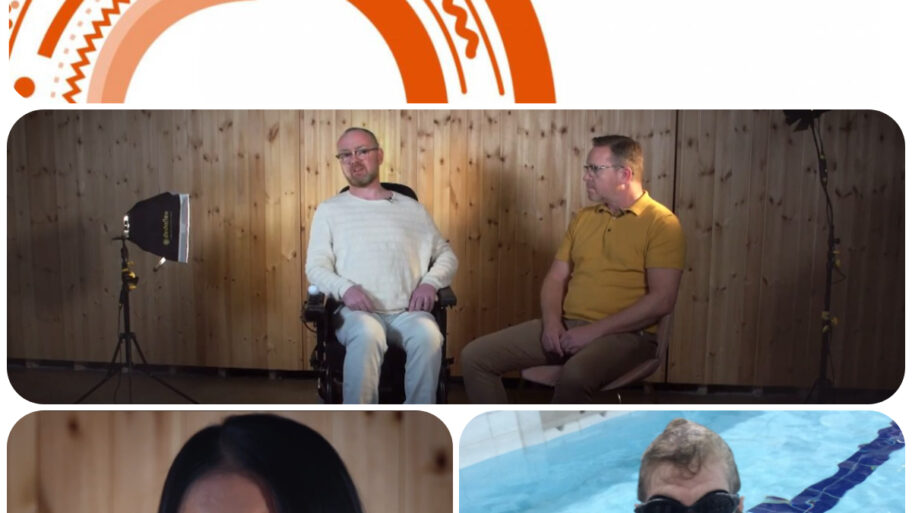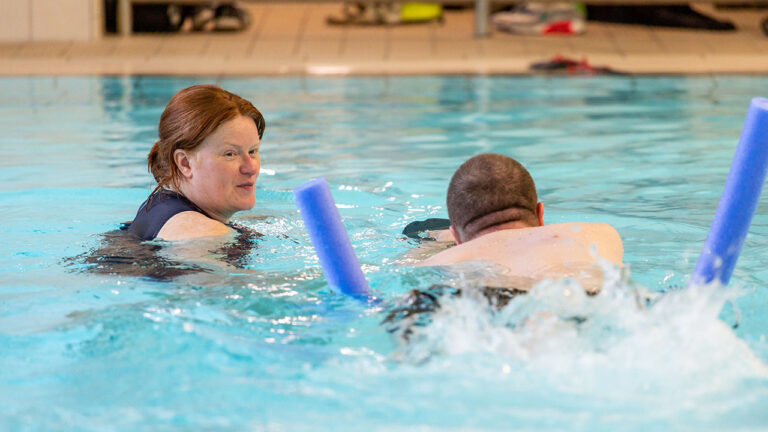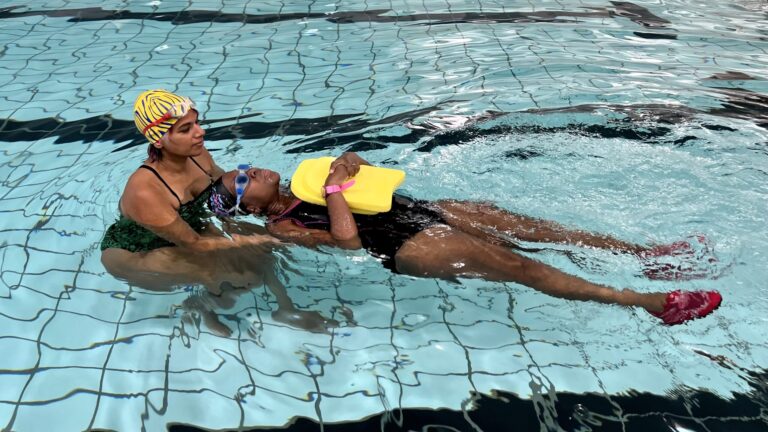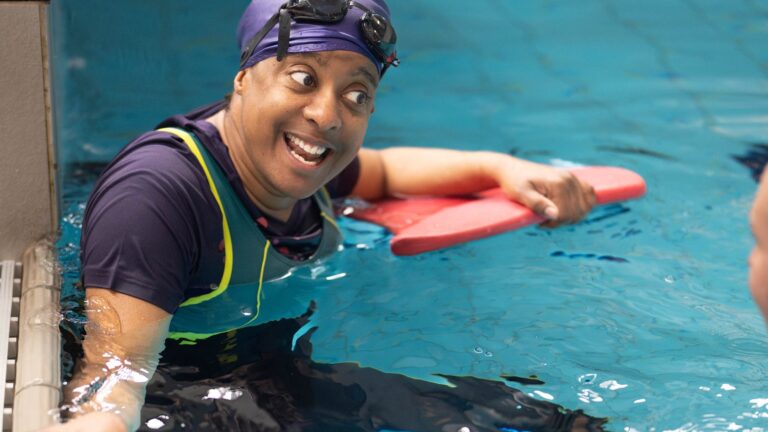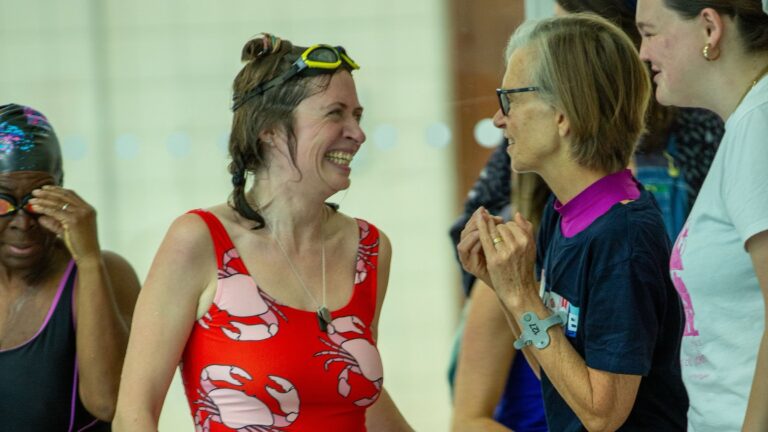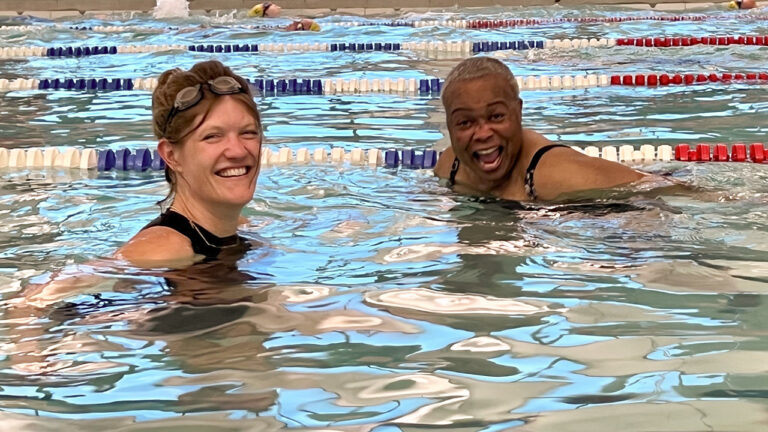It’s MS (Multiple Sclerosis) Awareness Week, a chance to raise awareness of MS and spread the word around you.
What is MS?
Multiple Sclerosis (MS) is a condition that affects the brain and spinal cord, causing a wide range of symptoms like problems with vision, arm or leg movement, sensation and balance. It’s one of the most common causes of disability in younger adults, as people are usually diagnosed in their 20s and 30s. Whilst it is not clear exactly what causes someone to develop MS, we know it is an autoimmune condition that seems likely linked to environmental factors and genetic. There is currently no cure but it’s possible to treat some of the symptoms with medicines and other treatments.
What Is It like to Live With MS?
MS is a lifelong condition that can put a strain on the individual, their family and friends, and impact people’s both physically and mentally as described in this video.
Women are 2 to 3 times more likely to develop MS than men, although the reason for this is unclear. Fatigue and difficulties with thinking are also part of the symptoms as you will hear in the next video.
As you’ve seen, people with disability like MS may feel lonely and helpless, on top of potential depression linked to the condition. Being part of a community and feeling a sense of belonging can really help lift people’s mood.
How Can You Make a Difference for People with MS?
Creating a friendly and welcoming environment for people with disabilities like MS is why we put our energy into WeSwim. We have stories of swimmers who have travelled 40 minutes each way just to join one of our sessions – just for a swim followed by a cup of tea shared with other volunteers and swimmers – on top of the added complications of just taking the transport to come to the pool but also to get changed once there. This is even more important after the year we’ve had because people with or without disabilities were afraid to leave their homes or take public transport, which has intensified the isolation. We’re now looking at Covid-safe ways to help people to swim again, so if you want to make a difference, check out our volunteer opportunities. And if you’re still not convinced, simply read Lynn’s story about living with multiple sclerosis that we published a few months ago to understand how swimming has helped her feel better physically and mentally.
